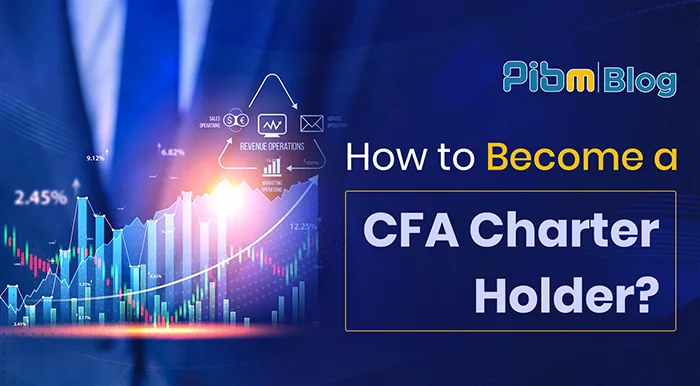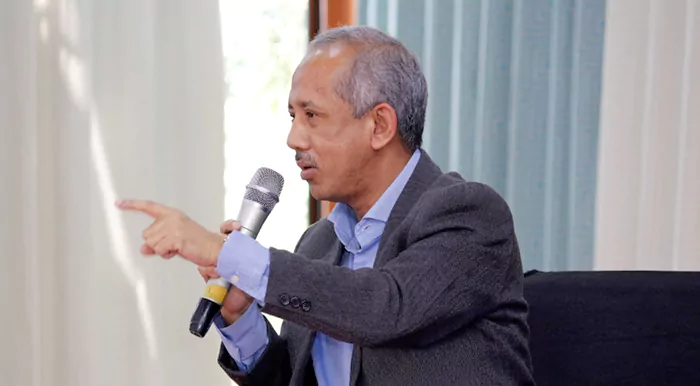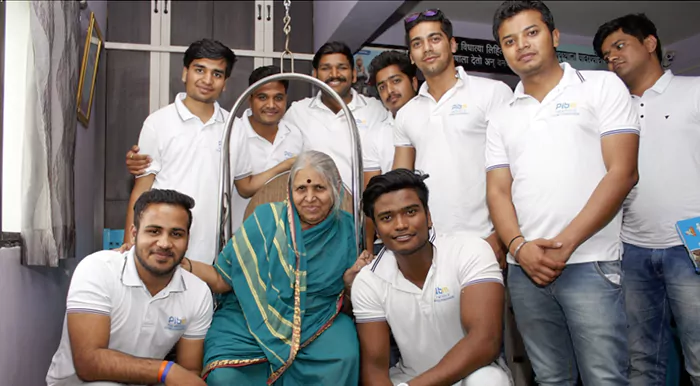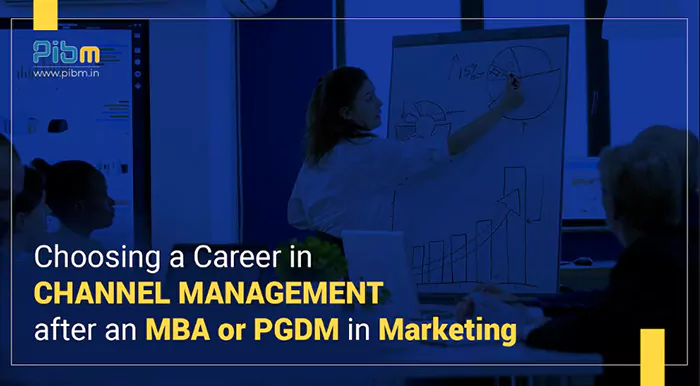PIBM Blog
Education Does Not Only
Happen in the Classroom
PIBM Blog
How to Become a CFA Charterholder in 2024?

Education
Do you have an MBA in Finance, have the potential to excel in the investment world, and are seeking recognition for your skills? If the answer to all the questions is Yes, the esteemed CFA course after an MBA in Finance could be the key to opening your professional aspirations.
This blog will show you the steps to becoming a Chartered Financial Analyst (CFA) charter holder, providing actionable advice and essential resources to begin this journey successfully.
What is CFA Course?
The Chartered Financial Analyst (CFA) certification represents the highest standard of ethics and professionalism in investment analysis awarded by the CFA Institute. It is a globally respected credential that can open doors to prestigious career opportunities in portfolio management, wealth management, investment banking, and more.
Key Stages on the Path to Getting a Chartered Financial Analyst (CFA) Certification
- Education and Work Experience: To enroll in the CFA course, you will need a bachelor's degree or equivalent and 4,000 hours of relevant work experience over a minimum of three years. Alternatively, a combination of professional experience and higher education totaling 4,000 hours qualifies.
- The CFA Course: Prepare for three rigorous CFA exams, each covering various finance topics, including ethics, quantitative methods, economics, securities analysis, corporate finance, and portfolio management. Each level requires dedicated study, with Level I typically needing 300-400 hours, Level II 400-500 hours, and Level III 600-800 hours.
- Work Experience: While the CFA exams test your theoretical knowledge, the program also recognizes real-world competency. You will need to accumulate 4,000 hours of qualified work experience, which can be completed before, during, or after your exam preparation.
- Professional Conduct: Upholding the highest ethical standards is vital. You must adhere to the CFA Institute's Code of Ethics and Standards of Professional Conduct, showing your commitment to integrity and trustworthiness.
- Membership and References: Joining the CFA Institute as a member is mandatory. This membership provides access to valuable resources and networking opportunities, which can further develop your career prospects. Additionally, you will need two to three professional references to support your application for the charter.
- Application and Approval: After completing the CFA exams and fulfilling all requirements, you can submit your application for the CFA charter. Expect a thorough review process before you can celebrate your achievement.
Related Reads:
Tools and Resources for Successful CFA Course Completion
- CFA Institute Website: The official source for all things related to the program, offering comprehensive program information, study materials, practice questions, and registration tools.
- Preparation Providers: Several reputable providers offer CFA course details, study materials, online courses, practice exams, and instructor-led programs to suit various learning styles and budgets.
- Local CFA Societies: Engage with fellow CFA candidates and charter holders in your area through local societies. Participating in events, workshops, and mentorship programs can assist you in building a robust professional network and gaining valuable insights to crack the CFA exam.
- Online Forums and Communities: You should look for platforms that provide online communities where you can connect with thousands of other CFA candidates. You can share experiences, ask questions, and seek support on the same platform.
Why a CFA Certification Is Worth It?
Earning the CFA charter is a demanding journey; however, passing the CFA exam will be enriching. It requires dedication, hard work, and a commitment to ethical conduct. However, the benefits of cracking the CFA exam are substantial:
- Career Advancement: The CFA certification can open doors to top-tier career opportunities in various financial fields. With the CFA charter, you may demand higher salaries, have increased job security, and be a part of exclusive professional networks.
- Global Recognition: The CFA charter is recognized worldwide as a symbol of excellence. It distinguishes you from others in the industry, enhancing your credibility and marketability on a global scale.
- Intellectual Growth: The CFA course tests your knowledge and expands it. By completing this program, you will acquire valuable analytical skills to understand the challenges of the investment world.
- Ethical Leadership: Adhering to the CFA Institute's Code of Ethics prepares you to be a responsible leader in the financial industry, contributing to a more honest and trustworthy economic world.
Your Roadmap to Successful Completion of the CFA Course
Becoming a CFA charter holder is a marathon, not a sprint. Start planning early by reviewing the CFA course details, setting achievable goals, and committing to consistent effort. Be ready to accept new challenges, leverage the available resources, and trust the process.
At PIBM, the CFA training program is integrated with our MBA and PGDM in Finance to give our students a global career boost. So enroll in PIBM and take the first step towards being a charter holder.
Related Reads:
FAQs
1) What is the CFA exam pattern?
There are three levels of the CFA exam. You need to crack each level one after another.
2) What are the companies hiring a CFA charter holder?
Various global financial institutions like JPMorgan Chase, Goldman Sachs, Morgan Stanley, PIMCO etc. are a few companies that hire CFA charter holders.
3) Does PIBM provide a free CFA training program?
Yes, the CFA training program is integrated with PIBM’s MBA and PGDM in Finance where you learn from the best faculties.










